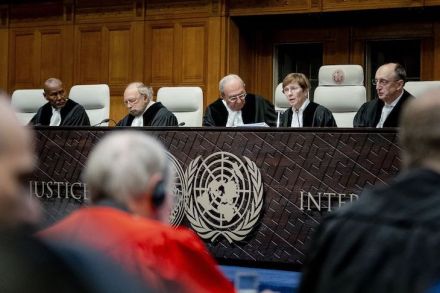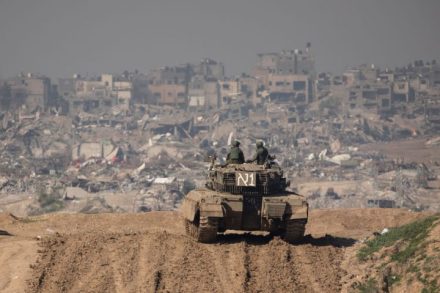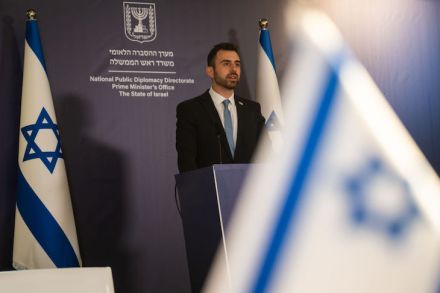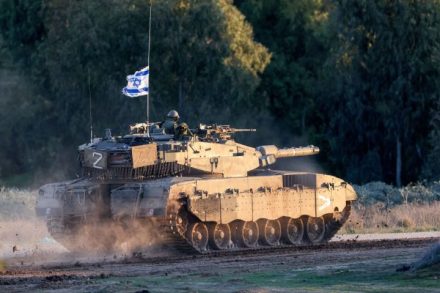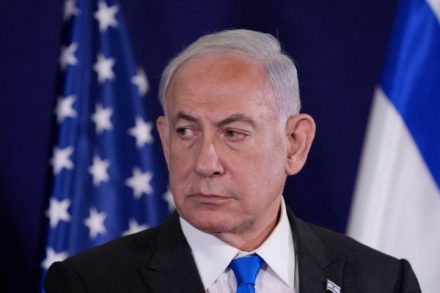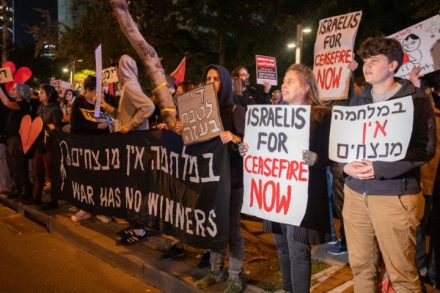Israel cannot accept Hamas’s hostage deal
Following weeks of stagnation in the negotiations between Israel and Hamas over a deal for the release of Israeli hostages, Hamas has finally responded. Perhaps unsurprisingly though, the terms they have proposed are unacceptable to Israel. Hamas is demanding a long ceasefire, lasting four-and-a-half months, that would lead to a permanent truce. Their terms include the withdrawal of Israel Defense Forces (IDF) from Gaza and an end to the war, rehabilitating Gaza under Hamas’s continued governance, and the release of 1,500 Palestinian prisoners from Israeli jails with the guarantee that they will not be rearrested for the same offences. This would include 500 prisoners of Hamas’s choosing, whose offences are





